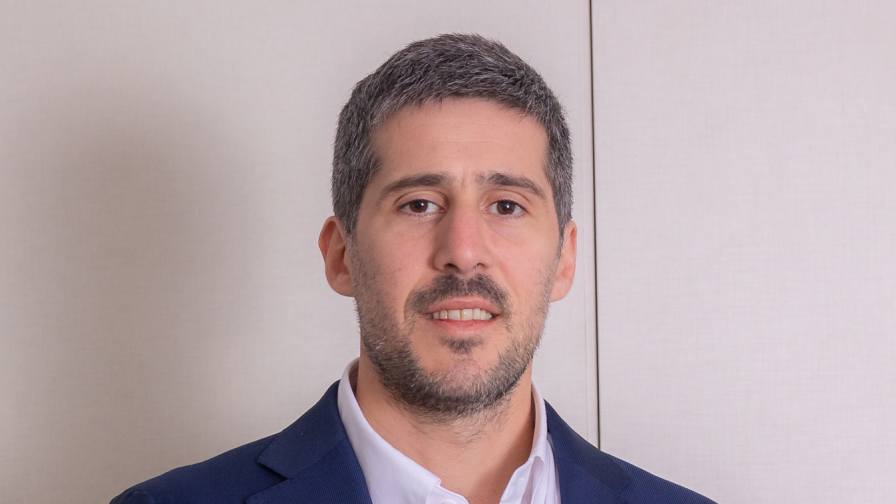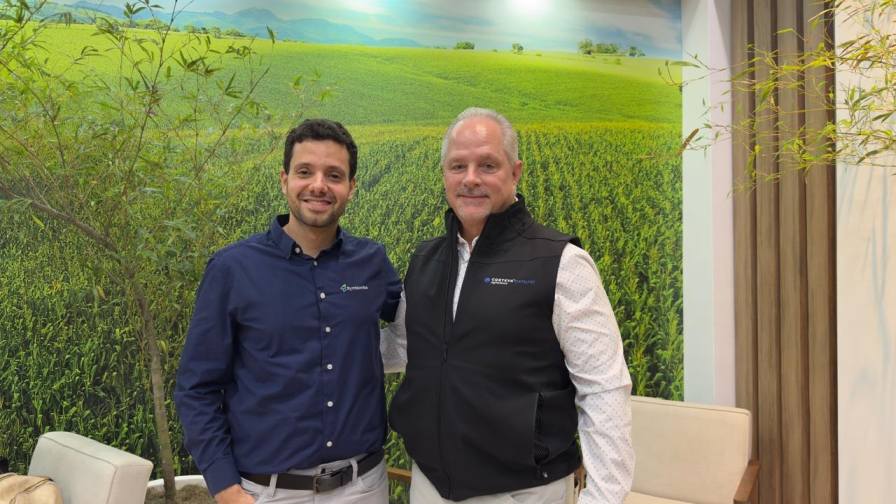Regulating Biologicals: Interview with Roma Gwynn of AgBioScout

Agribusiness is very familiar with regulatory processes for agrochemicals in countries around the world. The process for reviewing and approving biological products, on the other hand, could use a fresh perspective. Regulation frameworks created for agrochemicals used to review biologicals can create backlogs and prevent new technologies from entering the market. We talked with biocontrol expert Roma Gwynn, Chief Scientific Officer of AgBioScout, to find out what she’s seeing around the world for regulating microorganisms and botanicals.
ABG: What are the regulatory changes happening for biologicals?
RG: When new biological technologies are getting submitted for regulation review, they are required to fit into the existing regulatory framework, which is designed for conventional chemicals. The problem is that the types of substances biologicals are made up of don’t fit within that regulatory framework. The wrong questions are being asked, and the right questions are not being asked.
There has been a lot of activity and development in biological technologies. It’s recognized that regulation can be a barrier to the adoption of these new technologies. Lack of specific regulation is slowing down the innovation that’s going on. No one wants to compromise safety in any way, but there’s a need to change the system so that it’s appropriate, proportional, and better resourced with evaluators with the right skills.
ABG: What countries are doing well as far as creating regulations for biologicals?
RG: For the last 30 years, the United States has had a regulatory team skilled in biological technologies and whose only focus is on these technologies. We can see far more technologies available in the U.S. than in other parts of the world because of this team. In Brazil, they have worked to facilitate the regulatory system and make it more appropriate to the technologies. Brazil now has the fastest growing number of biologicals available as a result of that work. In Kenya, the government came together for a weekend in 2003 with the right experts and stakeholders and revised the regulation framework, which resulted in decreasing time for regulatory approvals and more products on the market.
There’s plenty of evidence from these countries to say if the regulatory changes happen it moves the new biological technologies into farmer’s hands at a faster rate. This benefits the health of people and the environment for achieving sustainability goals.
ABG: I noticed you didn’t mention the European Union (EU). How are they faring in their regulatory process?
RG: The EU is, in general, one of the slowest regulatory frameworks that we have both for chemicals and biologicals. The reason for that is a triplicate system, and it’s backlogged. It takes two years just to find a slot to submit your active substance for review, and then takes seven to 10 years to be evaluated and go from an active substance to product label. This is a massive barrier to new technology. It’s compounded for biologicals because only some of the EU countries are skilled in understanding and working with biological technology. Sweden, Denmark, Netherlands, and France for example have trained their regulatory staff to understand biological technologies, but this doesn’t reduce the review time, because of the volume of applications backlogged. The EU needs to resource its regulatory system properly to stop it holding back biological technologies.
ABG: How is the regulation process negatively affecting the biological industry?
RG: We never want to compromise safety but regulation is impeding innovation because it is not adapting fast enough. Biocontrol technologies have been around for many years but there has been consistent inertia by governments to do anything to facilitate their coming onto the market. It costs around $500,000 to $2 million to take a new technology through the regulatory process. For any company, especially a small start-up company, they can’t access this money. Governments don’t give grants for registration. I see many biological technologies not making it to the market. These start-up companies can’t make it financially to fund a dossier and then have to wait up to five to 10 years without an income. Plus, I’ve seen small and big companies pull products, because they can’t afford both to wait nor the costs. The cost of registration is too high compared to the market opportunity. People have some great ideas that just aren’t getting created due to this cost and time of regulation.







